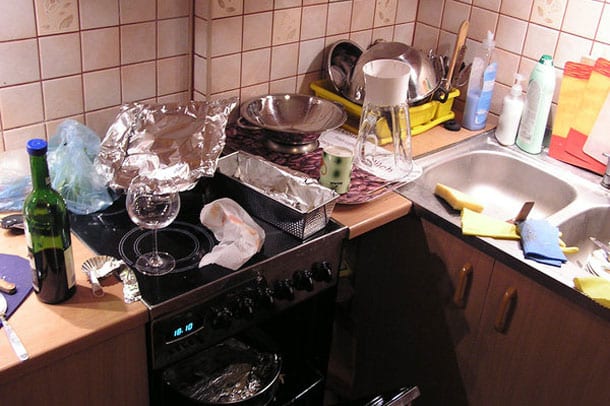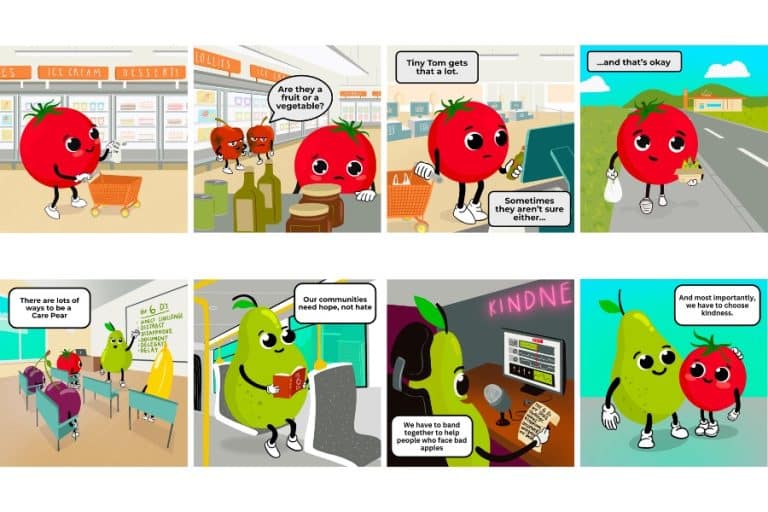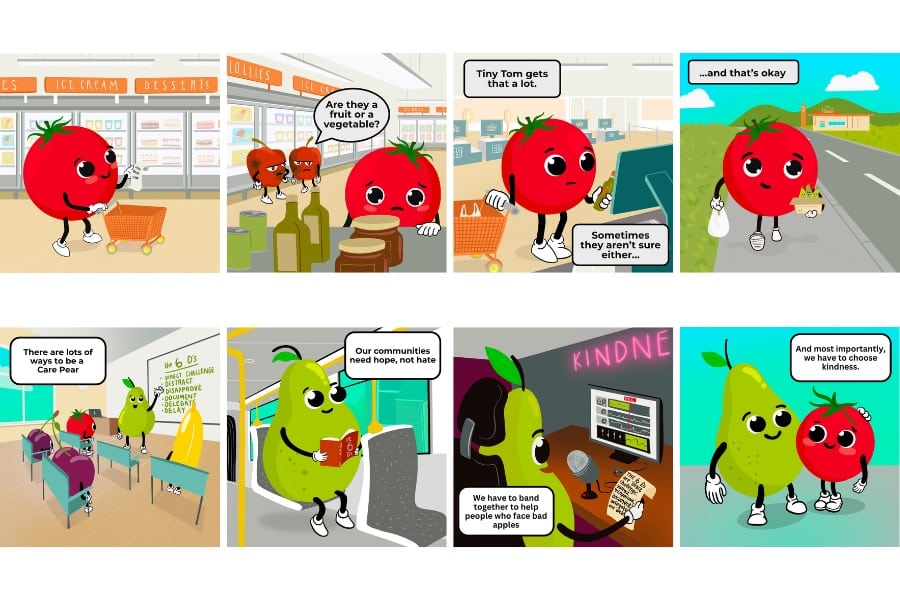6 Shopping Tips For Manchester Students
- Written by I Love MCR
- Last updated 8 years ago
- Students

These are tough, economic times. A double dip recession and a hike in the cost of university fees is leaving students worse off than ever.
For most freshers this is the first time they have been in charge of their own finances. With managing bills, paying rent, bills and buying food it is no wonder that the food bill is usually the one area that students reduce their spending on.
But it is possible to eat healthy as a student and stick to a small budget – here are a few tips:
1. SUPERMARKET
Visit the supermarket after a meal. Excess spending on the groceries often occurs when shoppers are hungry and want a quick fix. Manchester has a number of Netto’s, Aldi’s and Lidl’s. Swap the corner shop or the big supermarkets for one of these, even if it costs you a short taxi ride. A basket full of groceries from Aldi can cost you less than half of the price that it would at Tesco and Sainsbury. Sunday afternoons are a good time to visit the supermarkets as you can pick up some last-minute reduced bargains.
2. Plan your meals
It sounds pretty sad but it will stop you having to throw food away. It is also a way to make sure that you are including healthy items in your diet.
3. BUY IN BULK
Only purchase non-perishable items in bulk. You are more likely to waste food that you purchase in bulk than food you purchase every couple of days.
4. CEREAL
Buy cereal and eat it all up. Cereal can be healthy as it contains fibre; it lasts for ages and works out pretty cheap per portion.
5. FREEZE
Make double portioned meals. You can freeze the second meal for another time.
6. BOX OF WINE
Booze is expensive. A box of wine is cheaper to buy than a bottle and lasts longer.
- This article was last updated 8 years ago.
- It was first published on 4 October 2013 and is subject to be updated from time to time. Please refresh or return to see the latest version.
Did we miss something? Let us know: [email protected]
Want to be the first to receive all the latest news stories, what’s on and events from the heart of Manchester? Sign up here.
Manchester is a successful city, but many people suffer. I Love Manchester helps raise awareness and funds to help improve the lives and prospects of people across Greater Manchester – and we can’t do it without your help. So please support us with what you can so we can continue to spread the love. Thank you in advance!
Got a story worth sharing?
What’s the story? We are all ears when it comes to positive news and inspiring stories. You can send story ideas to [email protected]
An email you’ll love. Subscribe to our newsletter to get the latest news stories delivered direct to your inbox.

Meet the pear, tomato and banana who are changing the way we fight hate crimes in Manchester

How Mandem Meet Up and The Lowry Hotel are improving men’s mental health this Movember

The failed utopian housing project that became a bohemian counterculture ‘paradise’

Escape to the Aegean this Winter with chef Zisis Giannouras at Fenix

Green, grand and gorgeous – a deep dive into the redevelopment of Albert Square

















